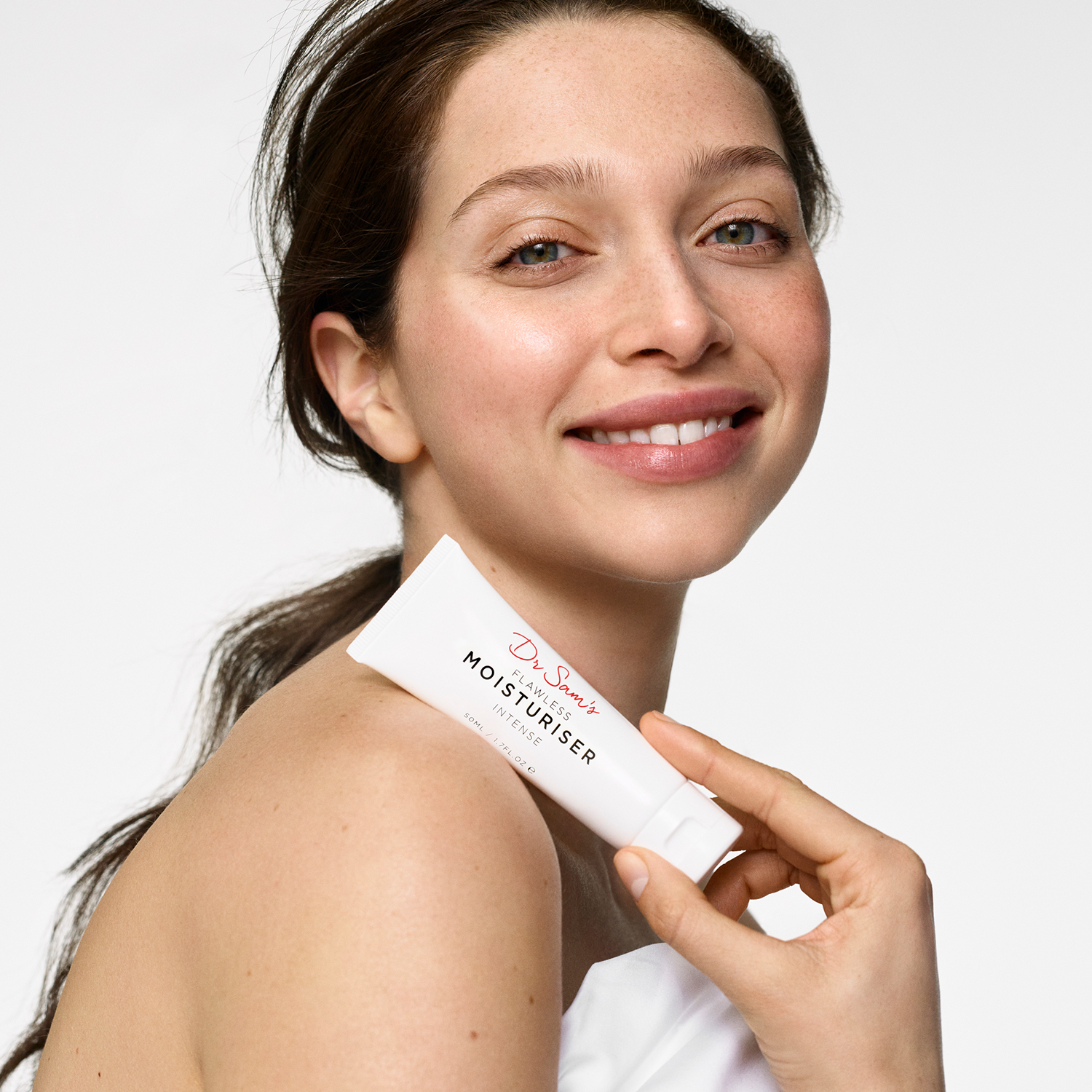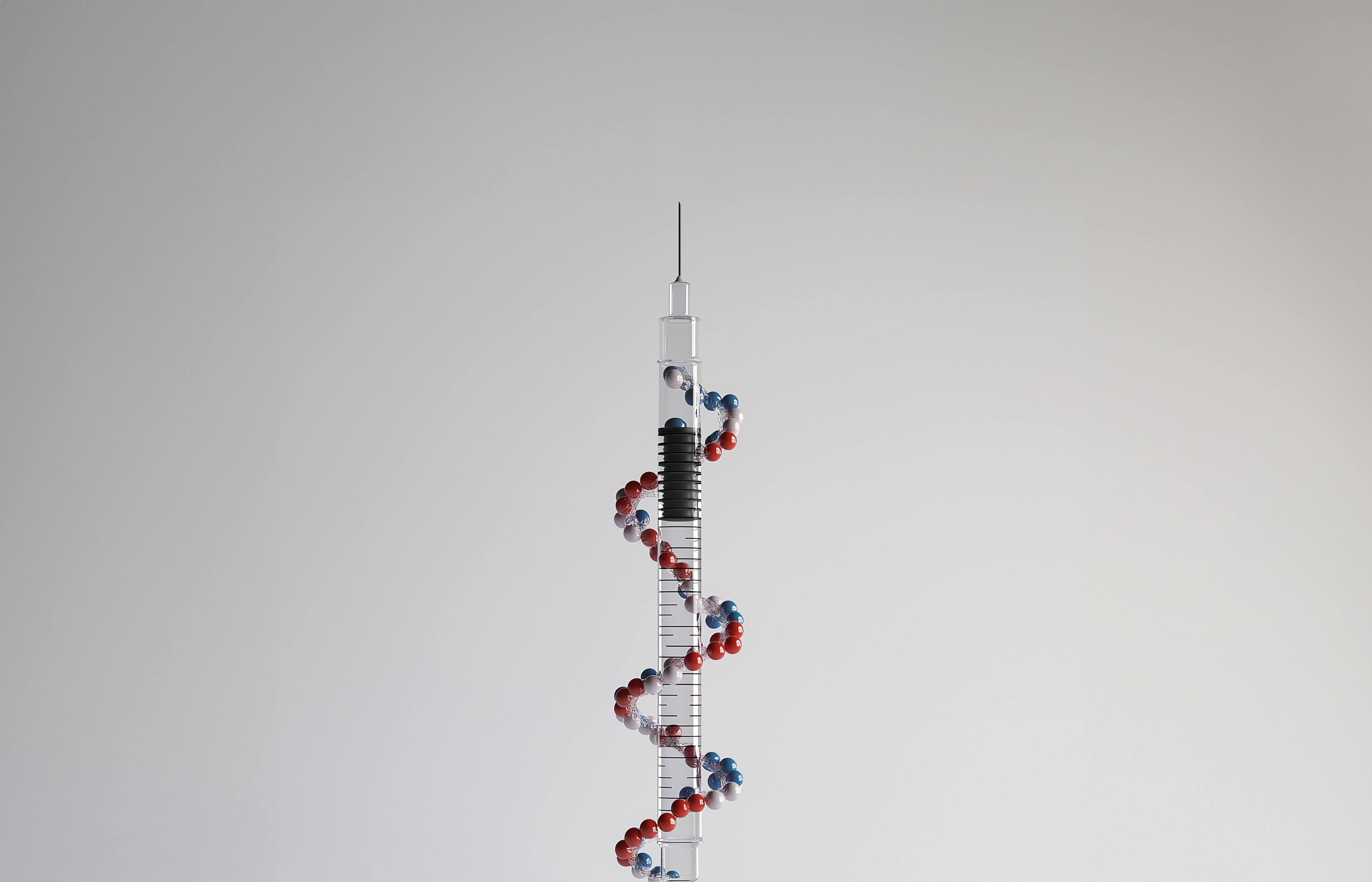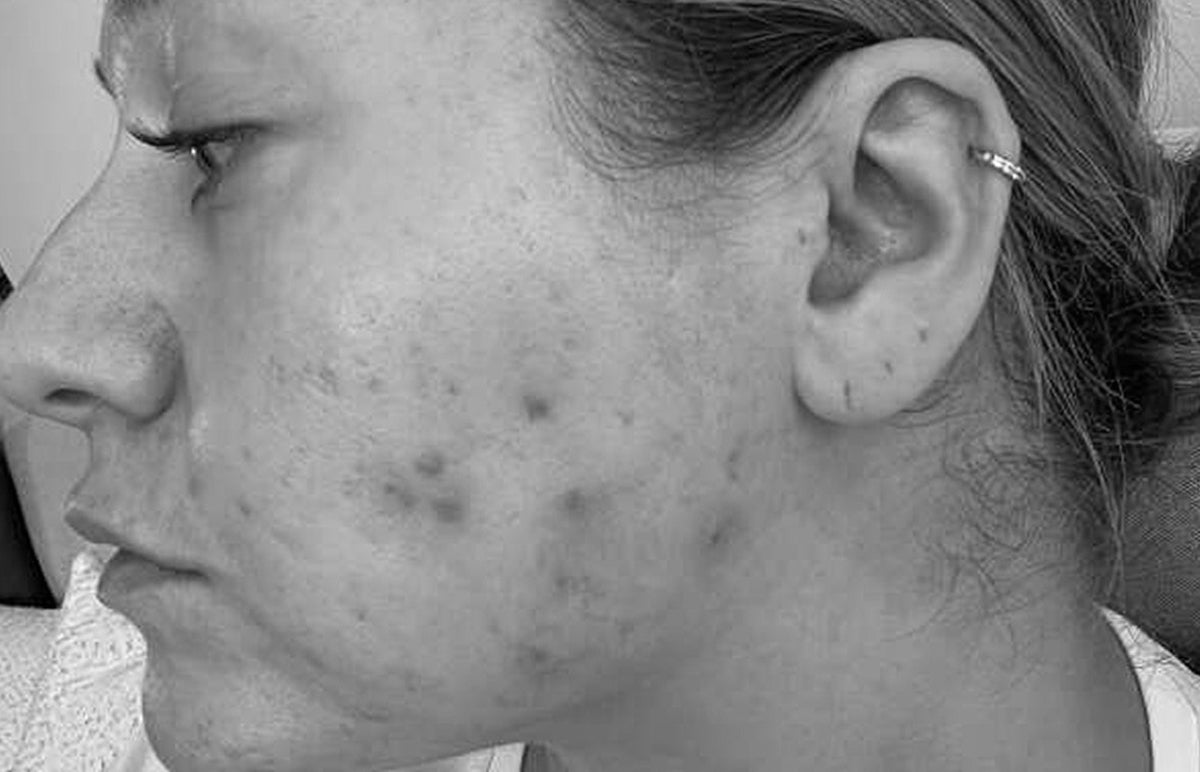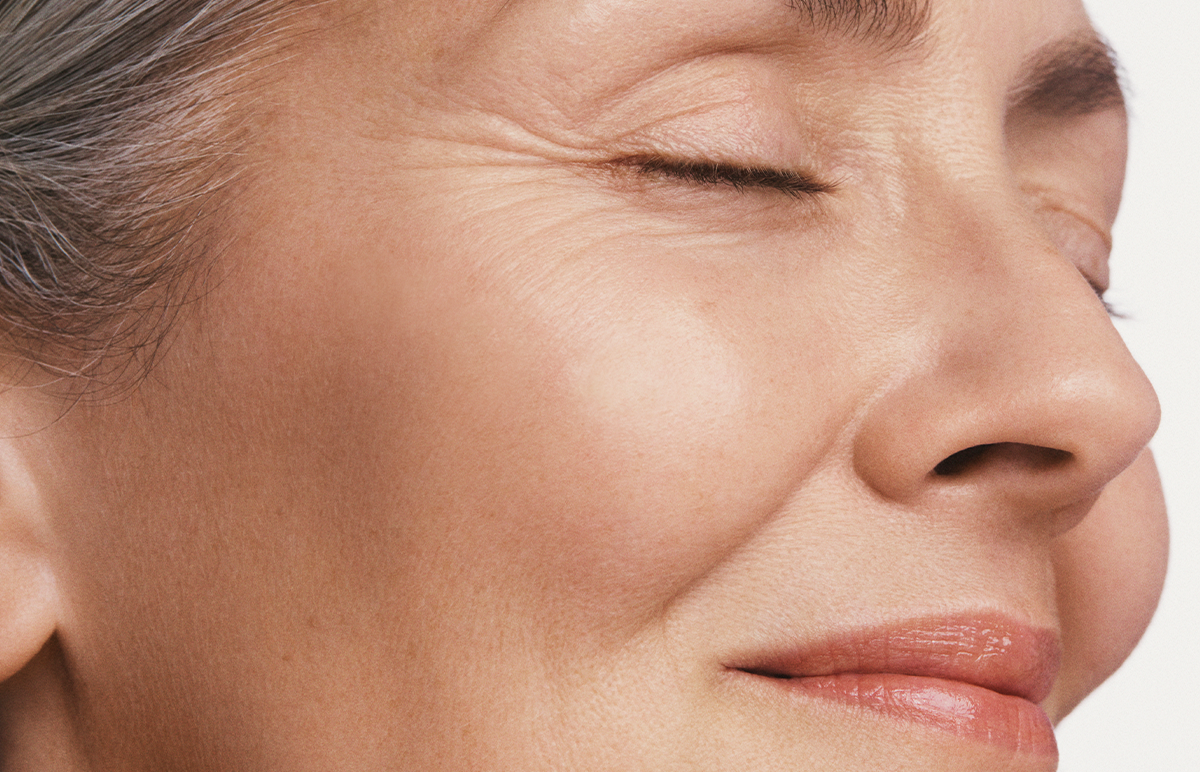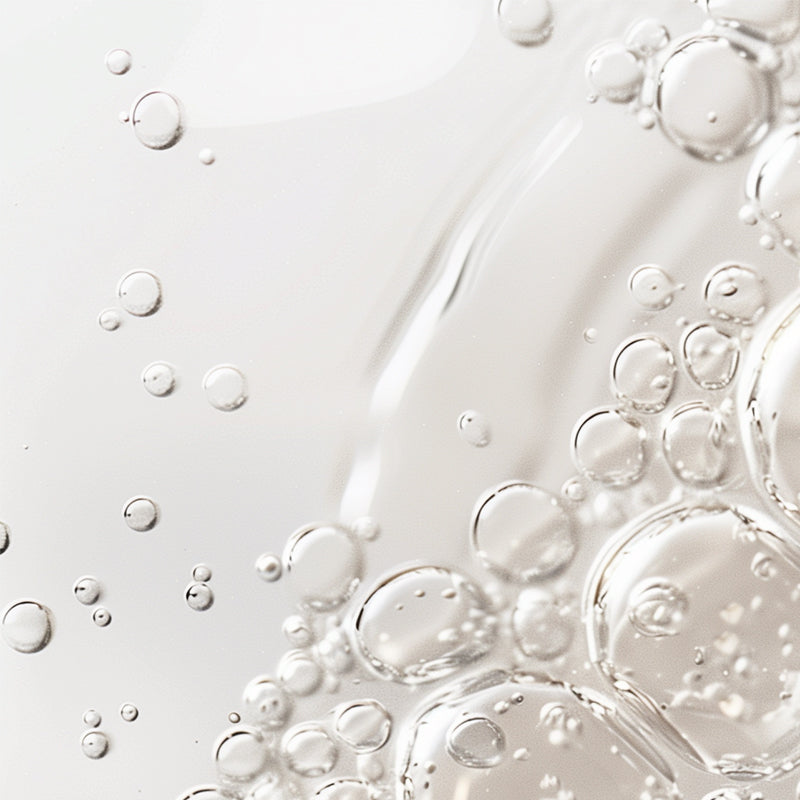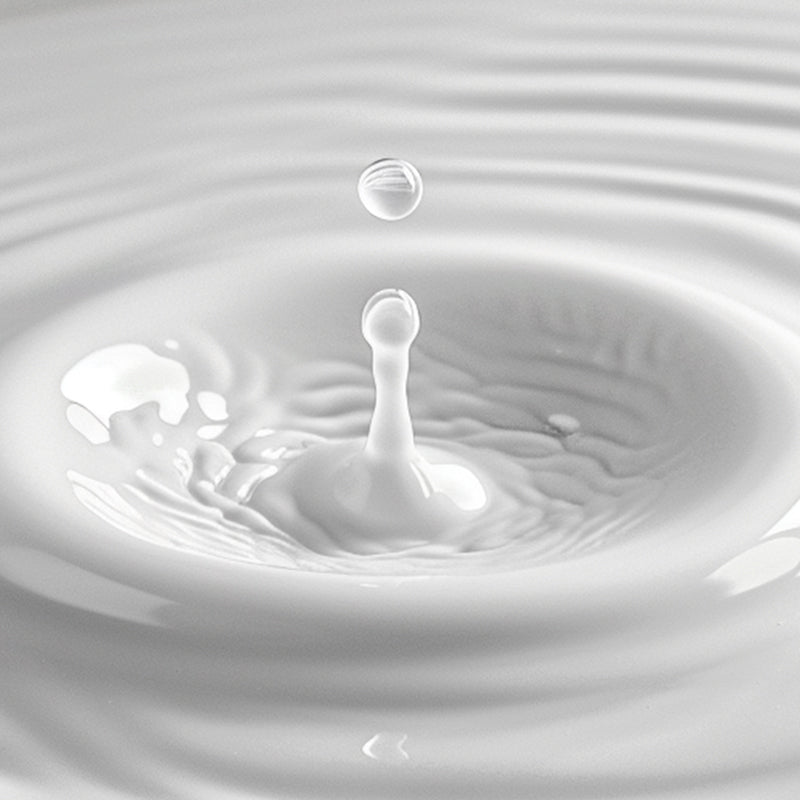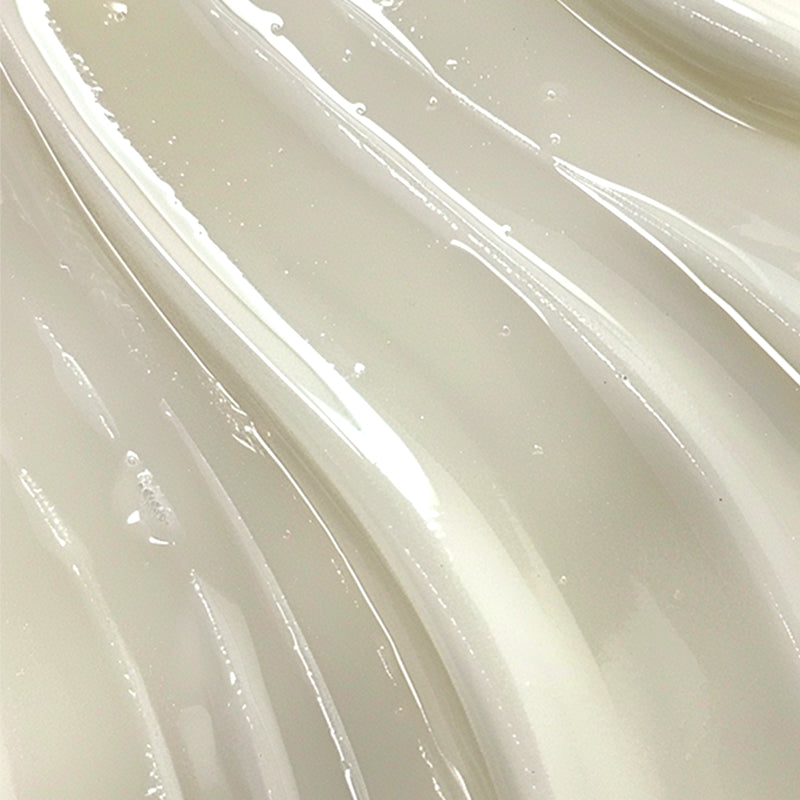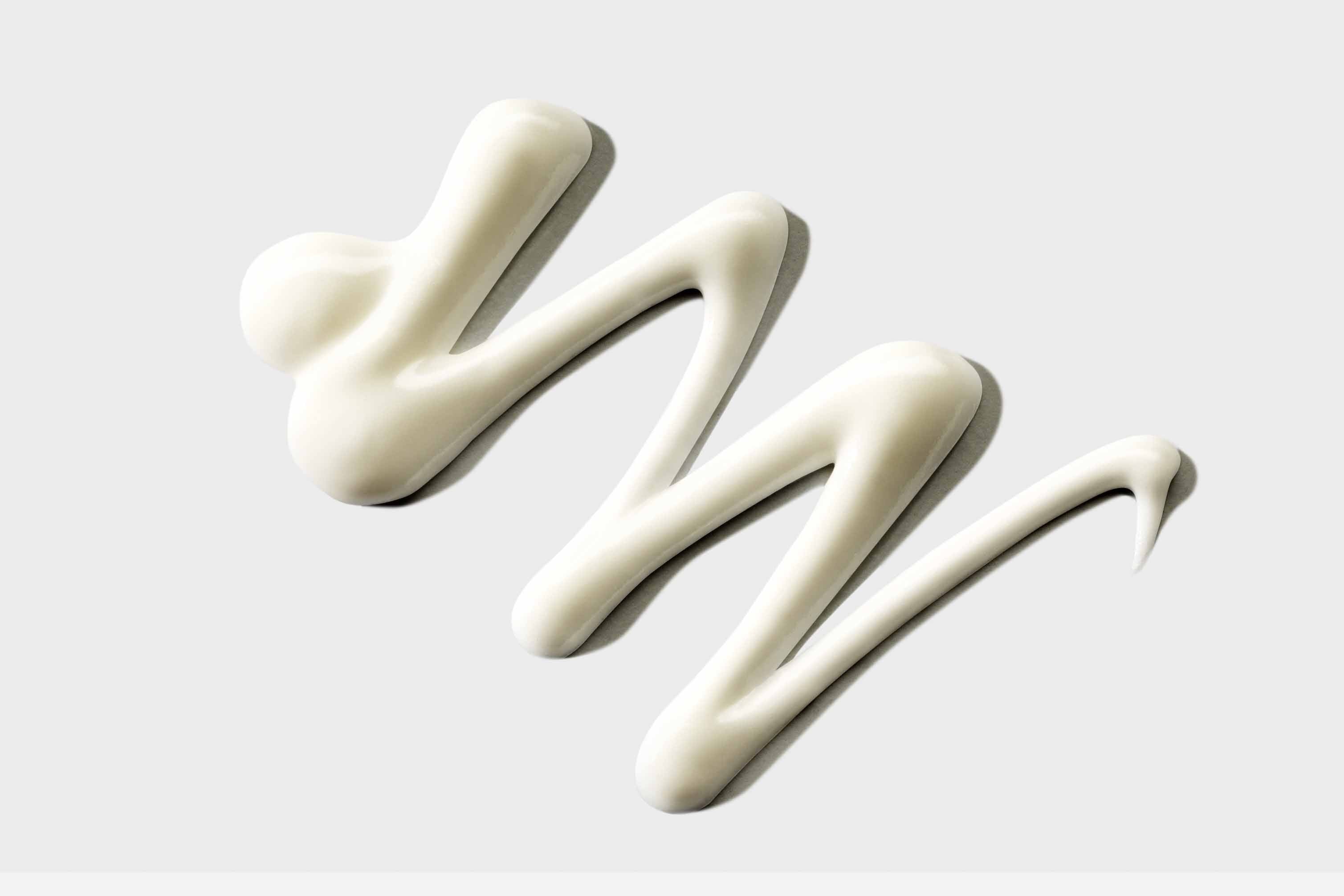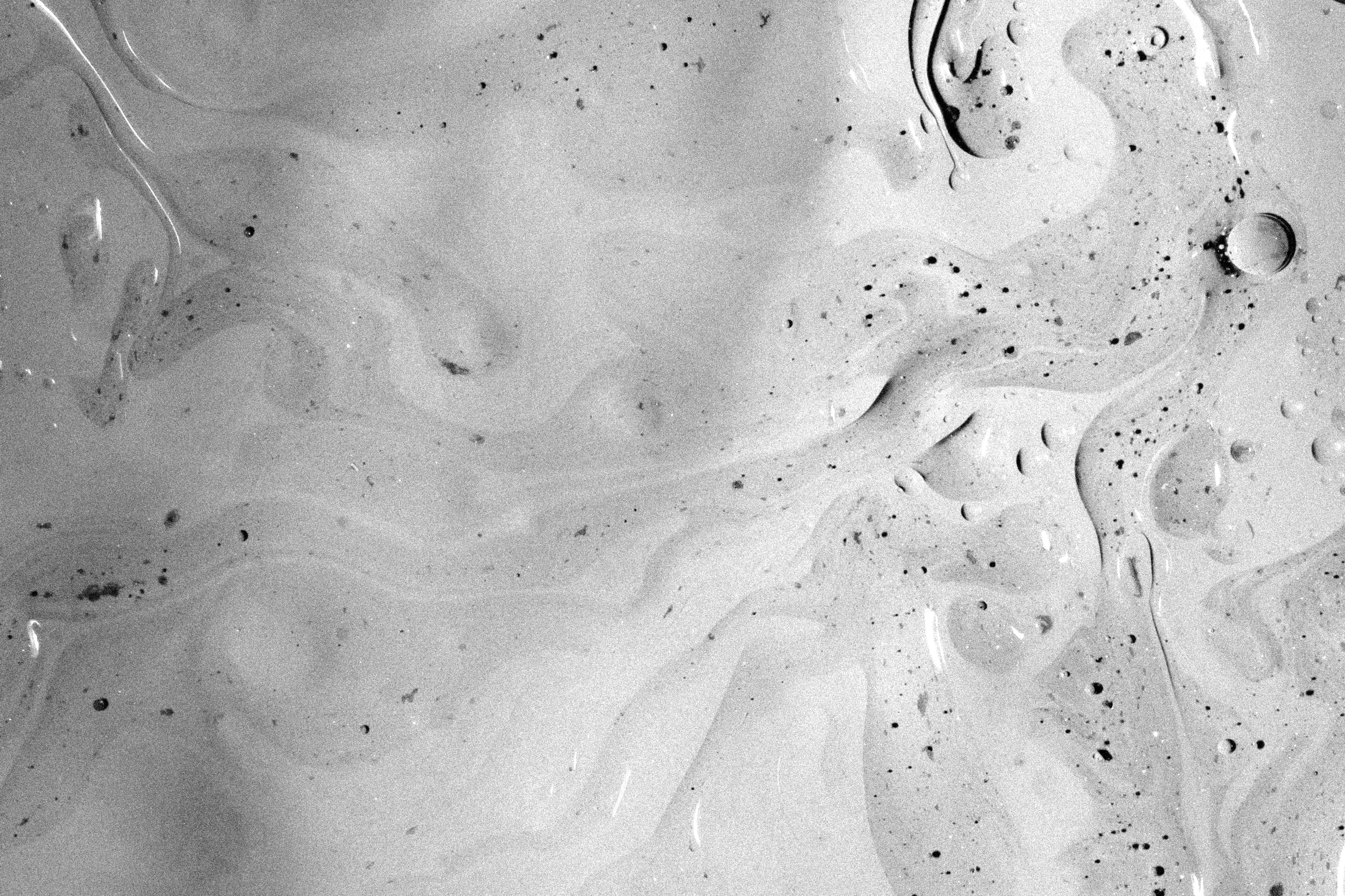This was the first week back in the clinic and I couldn’t help but notice that the Christmas festivities seemed to be playing havoc with everyone’s skin. A diet rich in refined carbs (another roast potato, anyone?), dairy and booze is in no-one’s interest really. But the acne sufferer is particularly vulnerable to a nasty flare, and leaves a lot of people frantically trying extreme skincare sports in an attempt to get control. This week’s video is to highlight some of the key Don’ts at this dangerous time!
1) Don’t squeeze.
This has to be number one. Squeezing = pigmentation + scarring. The risk just aint worth it. Dermablend, distract and leave it alone.
2) Don’t fall into the longwear makeup trap - short-term benefits with potentially horrible long-term consequences. It’s a totally understandable knee jerk reaction but the occlusive effects of such formulae combined with the industrial-grade cleansing processes you need to employ to get the stuff off are all bad news for the acne-prone.
3) Don’t use home remedies to help treat your spots - content like this abounds on platforms like Instagram and Pinterest. Please turn off notifications - this isn’t the way you’ll take charge of your skin (and boy, are some of these messy).
Cinnamon and honey mask
Yoghurt and honey
Apple cider vinegar
Strawberries and honey
Egg whites
Papaya
Orange peel paste
Banana peel
Garlic
4) Don’t use physical exfoliation to try to solve it. Cloths /brushes /scrubs /kitchen utensils…..it feels good to feel something on your skin - a little discomfort means it must be working, right? Wrong! Acne hates friction. So treat skin like silk and let leave-on products with active ingredients like retinoids and salicylic acid exfoliate and de-clog clogged pores chemically.
5) Don’t ignore sunscreen. Acne treatments make you light-sensitive and UV will worsen post-acne dark marks. This is important even in winter and especially at altitude, so don’t skimp on SPF you ski-bunnies.
6) Don’t leave it too late - scarring affects 20% of those with acne. But the good news is that proper treatment will lead to an improvement in 90% of people within 3 months.
The final note - DO put in place a structured routine - with non-clogging Basics and carefully chosen Actives. Choose evidence-based ingredients. And be persistent and consistent.

